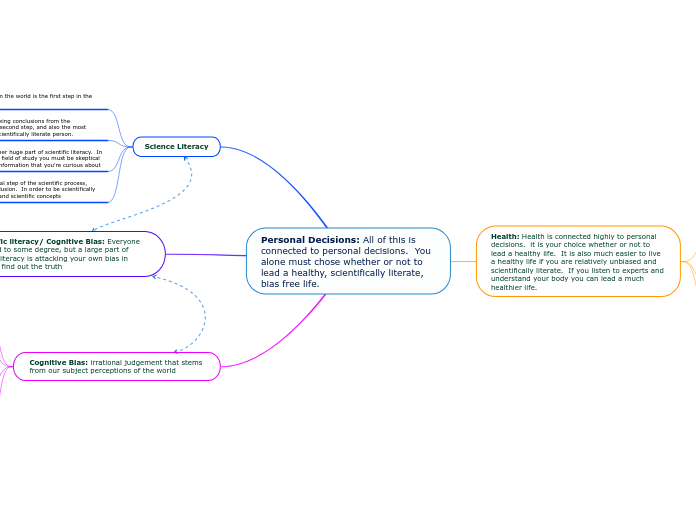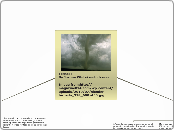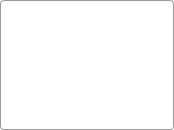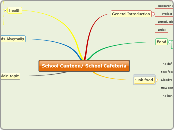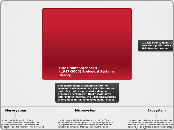arabera Emerson House 4 years ago
186
Personal Decisions: All of this is connected to personal decisions. You alone must chose whether or not to lead a healthy, scientifically literate, bias free life.
The overall well-being of individuals and society hinges on personal decisions, particularly those related to health and scientific literacy. Leading a healthy life requires a conscious effort to remain unbiased and informed, often by listening to experts and understanding one'
